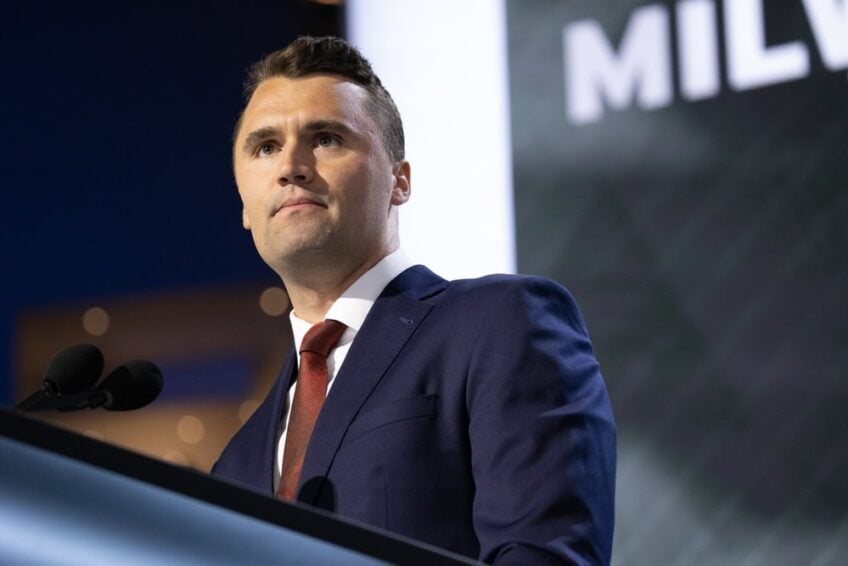Speech Is Not Violence. Violence Is Not Free Speech.
Last week, Charlie Kirk, the founder of Turning Point USA (TPUSA), was assassinated while speaking at Utah Valley University.
Charlie visited universities across the country and invited students who disagreed with him to come to the front of the line and debate him. Tragically, Charlie was killed while doing exactly that, engaging in peaceful dialogue with someone who saw the world differently than he did.
Also tragic and disturbing were the responses from some in the public, including teachers and healthcare professionals, who celebrated his death online. These are people trusted with educating our youth and caring for the vulnerable. That they would condone political violence speaks to a deep and dangerous cultural shift.
This moment does not exist in a vacuum. Just one day before Charlie’s assassination, the Foundation for Individual Rights and Expression (FIRE) released its annual college free speech rankings. According to FIRE’s survey, one in three students believe violence is justified to stop a speaker in at least some cases. That figure represents a nearly 80 percent increase since 2020.
This shift in attitudes reflects the dangerous rise of the false narrative that speech is violence. When we begin to equate words with violence, it becomes far too easy to justify violence as a reaction. Speech can be powerful, for better or worse, but it is not an act of violence, and violence is never a justified response to words.
The First Amendment exists not just to protect popular ideas, but to safeguard the right to express dissenting, controversial, and even offensive viewpoints. Disagreement must be addressed through dialogue and debate, not with suppression or violence.
Charlie Kirk understood this. He built his career engaging in tough conversations and defending open debate. He did not shy away from disagreement; he welcomed it. His willingness to have these conversations with students exemplified the value of open inquiry and debate, especially on our college campuses.
Charlie once warned that, “when people stop talking, that’s when you get violence. That’s when civil war happens because you start to think the other side is so evil, and they lose their humanity.”
That is unfortunately what we are witnessing now, a growing cultural divide where those with opposing viewpoints are no longer seen as fellow Americans, but as enemies.
Charlie’s assassination should serve as a reminder of what is at stake when our culture no longer values free speech and civil discourse. If we allow political violence to become normalized, especially in response to constitutionally protected speech, we risk losing not only our sense of civility, but the very freedoms upon which our country was founded.
It is encouraging that in the midst of this tragedy, students have been inspired by Charlie to defend free speech and carry on his legacy. Turning Point USA has received over 54,000 new requests — a number that will continue to grow — to start TPUSA chapters on high school and college campuses across the nation.
ALEC will also continue to defend free speech in the states and on our college campuses. It is important we all stand firm in the belief that ideas should be met with debate, not violence, and that the solution to speech we disagree with is always more speech.

